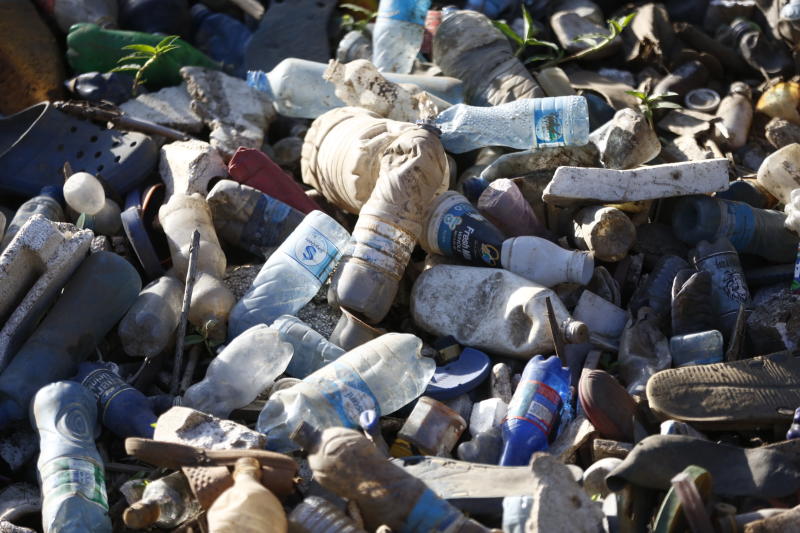×
The Standard e-Paper
Join Thousands Daily

Plastic is a double-edged sword.
It is very much a part of our lives, being a packaging material for many of the products we consume and also being a primary or secondary raw material for many items. Its affordability and availability makes it the natural choice for manufacturers and producers seeking to maximise return on investment.